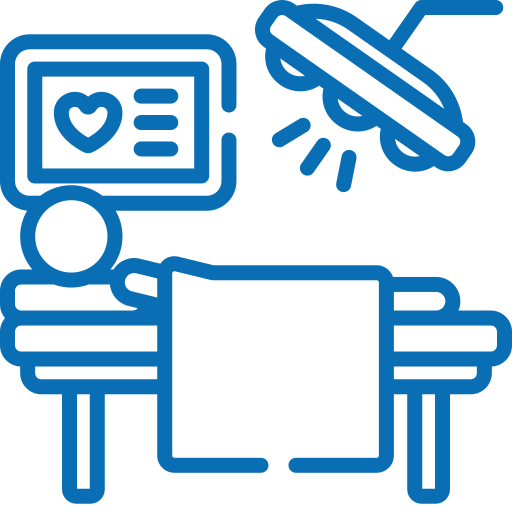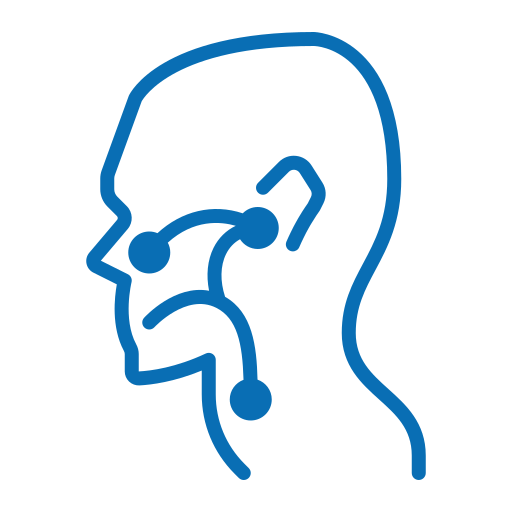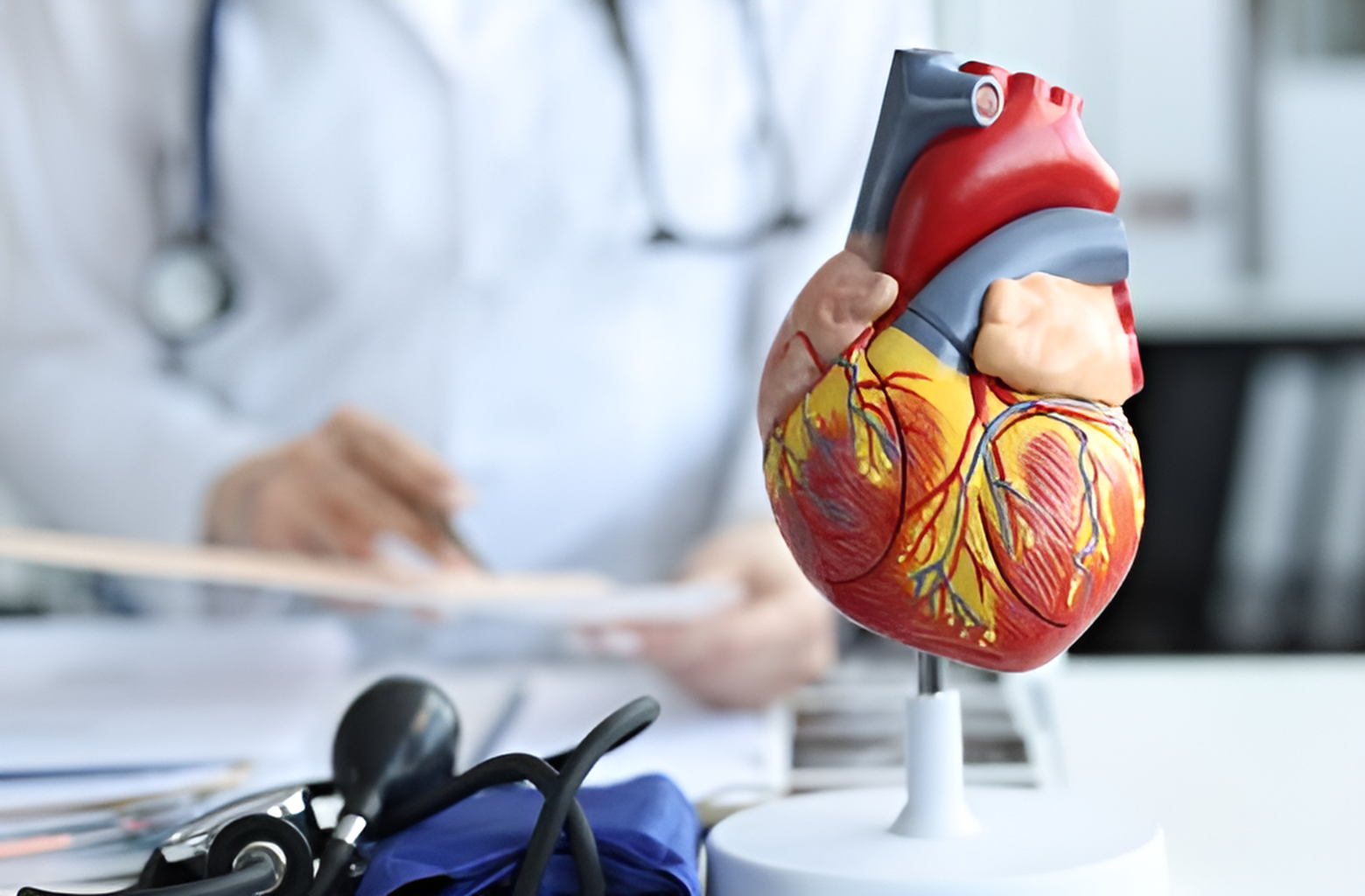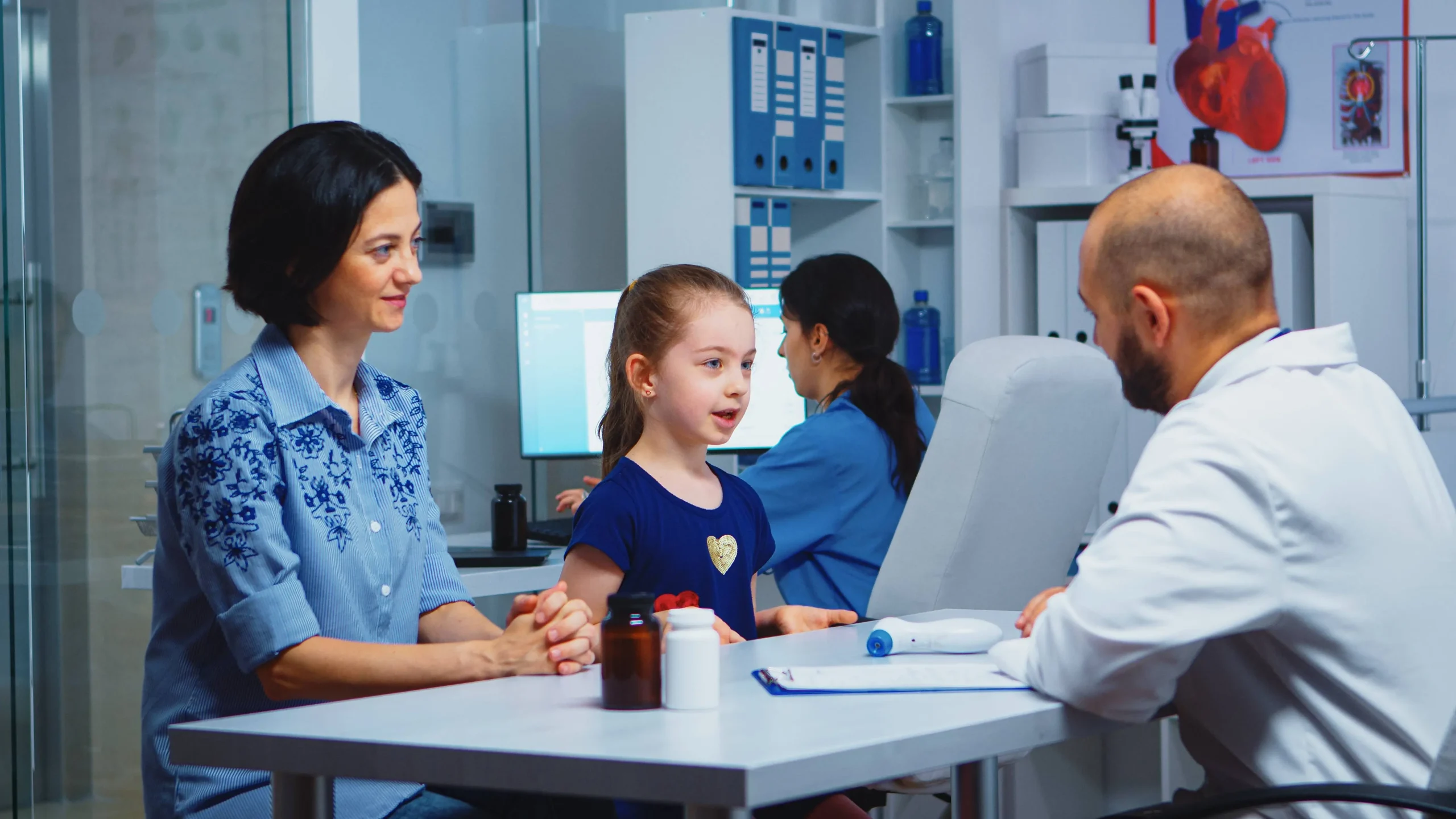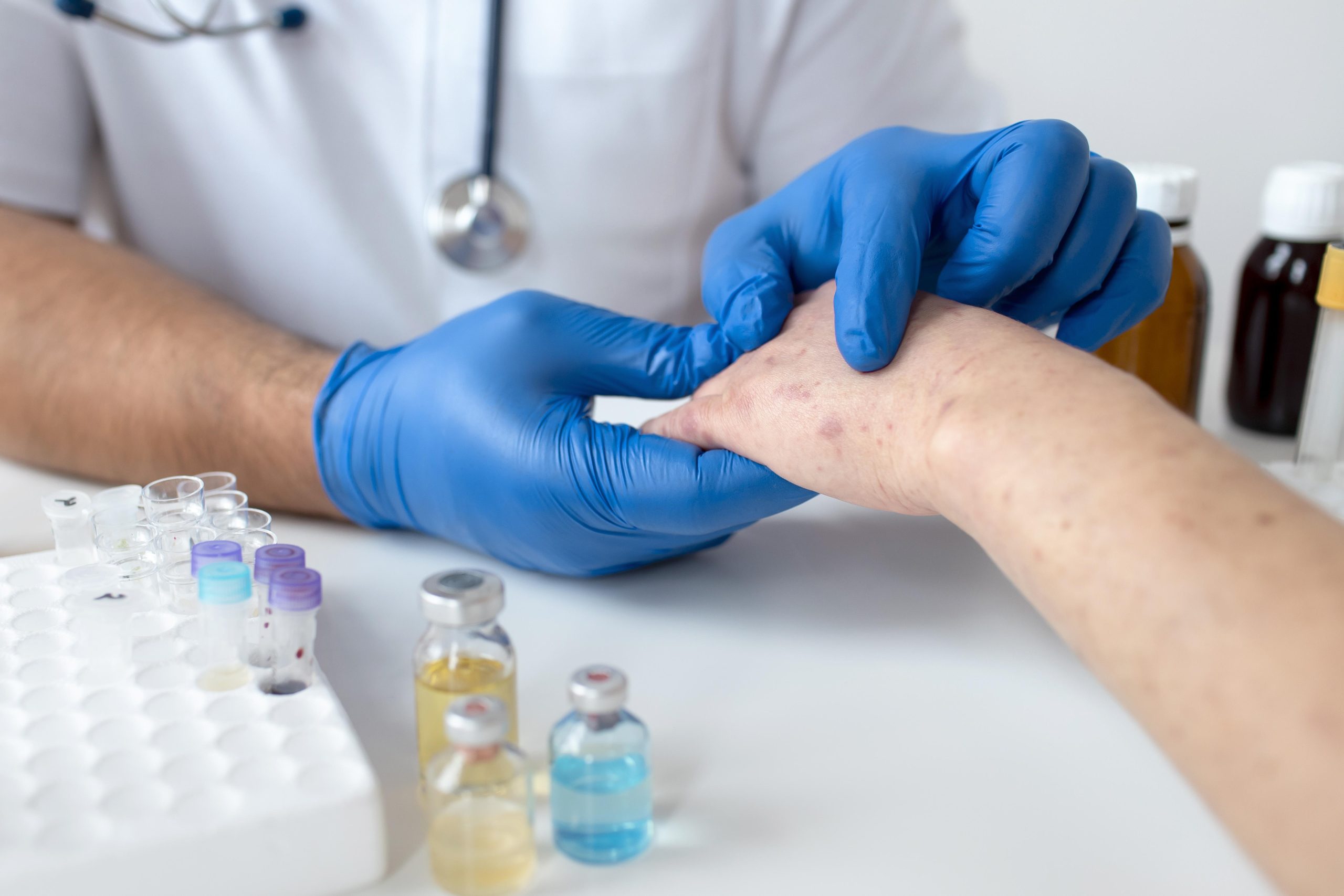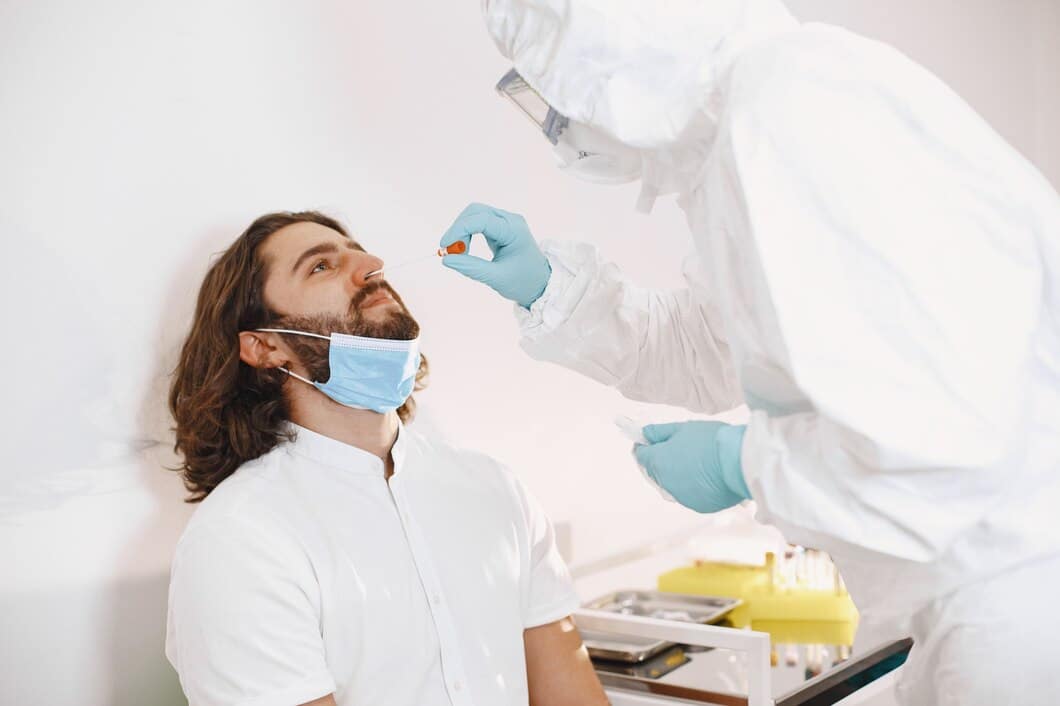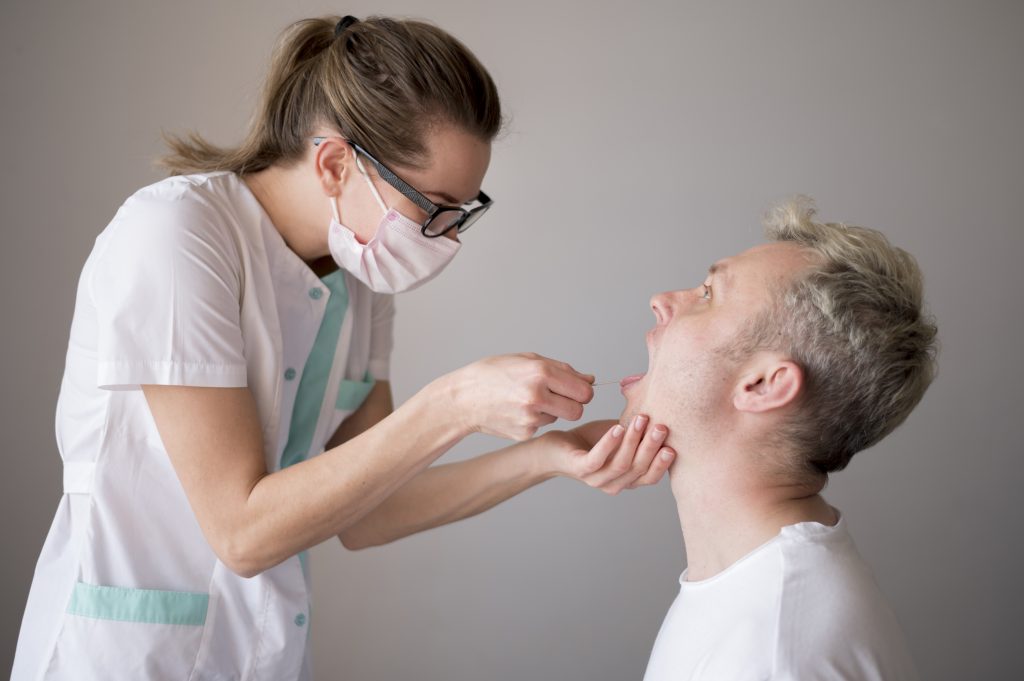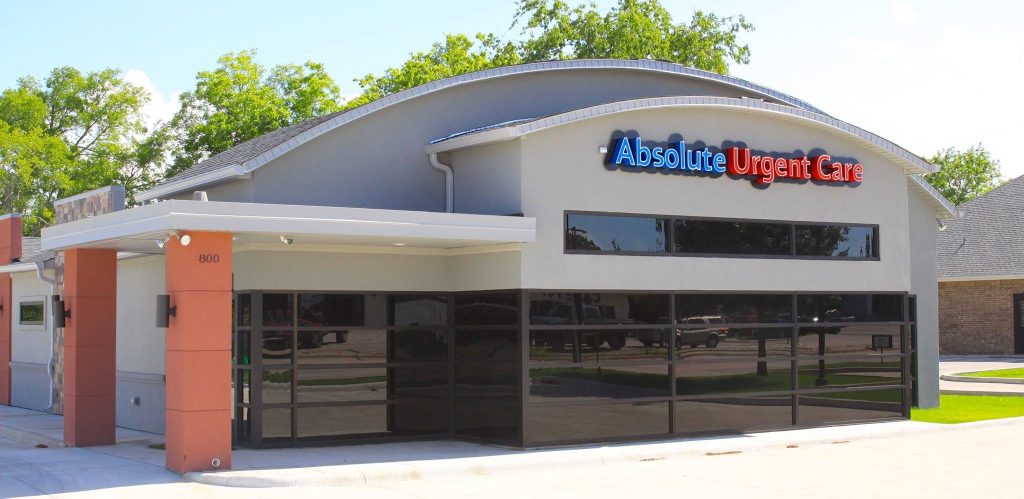Cardiovascular disease can be detected early and treated before it becomes fatal. It is important to know what signs to look out for. This blog post will discuss how you can identify these symptoms, why early intervention is so crucial, and some simple steps that can help protect your heart health.
Why Early Detection Matters
The United States records cardiovascular disease (CVD) as the leading cause of death. Early recognition of symptoms allows timely treatment thereby preventing grave consequences like a heart attack or stroke. Ignoring such signals could lead to devastating outcomes hence there is a need for detecting them early enough.
What is Cardiovascular Disease?
This encompasses different heart-related conditions such as coronary artery disease, arrhythmias, and congestive heart failure (CHF). Appreciating this vastness equips you with knowledge regarding specific symptoms to keep an eye on and thus promptly seek care where required.
Common Types of Cardiovascular Disease
Coronary Artery Disease
Where arteries supplying blood to the heart have narrowed or become blocked, this condition arises. Some common indications include chest pain; fatigue; shortness of breath. There are remedies that are able to alleviate worse consequences if they are found earlier than expected.
Arrhythmias
Irregular throbs in the chest are often accompanied by dizziness, discomforts in the chest or fainting spells which are also known as arrhythmias. It’s critical to have one’s cardio patterns tracked medically if any inconsistencies are noted.
Heart Failure
Heart failure occurs when the heart cannot pump blood effectively leading to edema, dyspnea and persistent coughing among other signs and symptoms. Symptoms can be managed with immediate treatment at early stages thereby improving quality life.
Early Symptoms of Cardiovascular Disease
Recognizing early signs of cardiovascular disease will go a long way towards changing things for good. These include:
Unexplained Fatigue
Feeling unusually tired, especially after routine activities, may be an early symptom of heart disease. Typically, fatigue develops before any other symptoms become obvious.
Shortness of Breath
This is a sign that should not be ignored as someone may have difficulty breathing while carrying out normal tasks or even when he or she is at rest. It’s important to talk about these symptoms with your doctor.
Chest Discomfort
Another common symptom is chest pain known as angina pectoris which people sometimes describe as pressure or squeezing in their chest. It can occur during physical activity or at rest.
Less Common Symptoms
There might be some symptoms that are not so famous but they are as important. Here are some:
Jaw or Neck Pain
The jaw and neck can be sites for pain radiating from the heart and this is unusual. Dental causes are commonly mistaken for it but one must never ignore it.
Sweating and Nausea
This might not seem like much if unaccompanied by more severe symptoms but excessive sweating combined with other affiliations could imply a possible cause from the heart that needs medical attention. These signs often go unnoticed yet demand serious thought.
Swollen Legs and Ankles
Swelling around legs along with ankles is resultant of fluid accumulation due to poor cardiac output. Alerting this condition earlier will save the individual from further health problems.
Risk Factors for Cardiovascular Disease
Identifying risk factors helps take proactive measures against them. Some key contributors to cardiovascular disease include:
High Blood Pressure
High blood pressure is a major risk factor in heart disease. CVD incidence can be reduced through regular check-ups and effective management plans.
High Cholesterol Levels
Increased cholesterol level results in plaque formation in arteries thereby enhancing chances of experiencing heart diseases. Diet plus drugs play an essential role in maintaining good cholesterol levels.
Smoking
Smoking tobacco has been identified as a leading cardiovascular risk factor therefore quitting smoking lowers the chances of getting a heart disease and improves general health.
Lifestyle’s Role in Heart Health
Lifestyle choices are vital to curbing and managing cardiovascular disorders. Do this for a healthy heart:
Balanced Diet
Eating a diet containing lots of fruits, vegetables, whole grains, and lean proteins can promote good heart health. Also limit your saturated fats, trans fats and sodium.
Physical Exercise
Exercise strengthens the heart and improves its circulation. Maintain a healthy heart by exercising moderately for at least 150 minutes per week.
Stress management
Prolonged stress can lead to bad health as far as your heart is concerned. You could try techniques like meditation, deep breathing exercises or mindfulness.
The Significance of Regular Body Checkups with Doctors
Regular visits to healthcare practitioners assist in early identification of signs that may suggest possible cardiovascular diseases.
Blood Pressure Monitoring
Regular checking of blood pressure helps one identify hypertension well before time hence allows for timely intervention.
Cholesterol Screening Tests
Periodic cholesterol tests can uncover high levels thereby enabling you to take necessary measures to control/ reduce them.
Heart Function Tests
Heart function tests such as electrocardiograms (EKGs) and echocardiograms can help determine whether there are any abnormalities in the functioning of your heart during its development stages.
Knowing When To Seek Immediate Help?
There are specific symptoms that need instant medical attention. Knowing when to seek immediate medical care saves lives. Here is what to look out for:
Severe Chest Pain
Severe chest pain that does not go away is an emergency medical condition; hence one should call 911 immediately .
Sudden Shortness of Breath
If you suddenly experience severe shortness of breath then seek immediate medical aid .
Fainting or Dizziness
Inexplicable fainting or dizziness may be an indication of serious heart complications; do not hesitate seeking help.
How Absolute Urgent Care Can Assist You?
At Absolute Urgent Care we value your cardiac health above all things else. Our team of seasoned healthcare practitioners provides comprehensive screenings and tailored care plans addressing your cardiovascular needs. We will support you throughout the journey towards a healthier heart.
Joining Our Heart Health Community
Stay connected to Absolute Urgent Care by becoming a member of our heart health community. More tips, support and resources for keeping your heart healthy are available online. Together, we can make our hearts stronger.
Understanding early signs of cardiovascular disease can save a life. By staying updated and taking proactive steps, you can shield your heart and live healthier in future. Remember to book regular checkups and adopt a healthy lifestyle for your heart. For personalized assistance, contact Absolute Urgent Care now. So that with us we can give you a future where hearts beat strong together with those that matter most to you.


